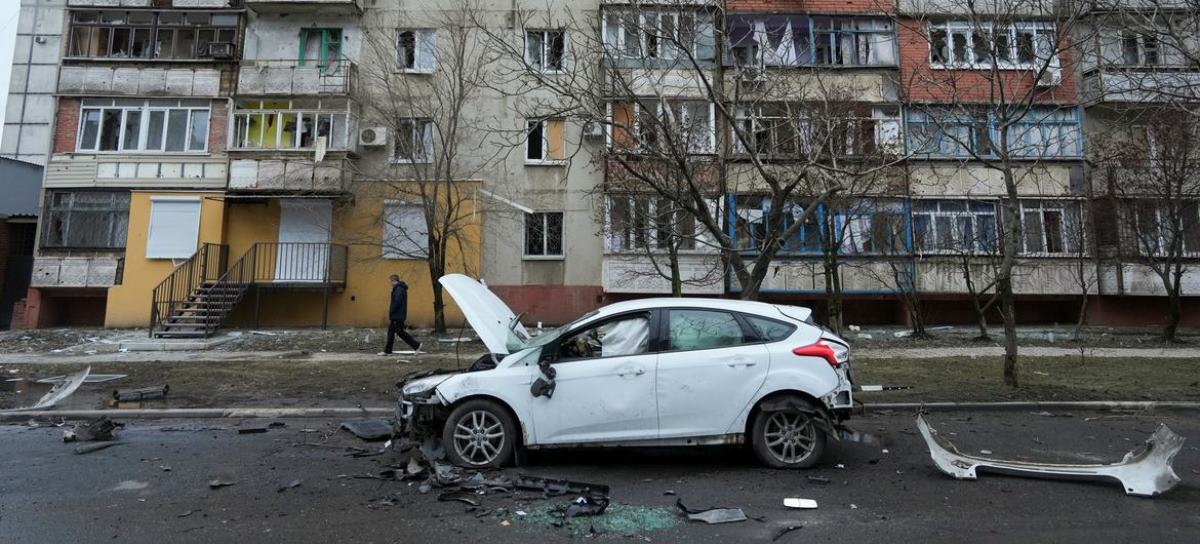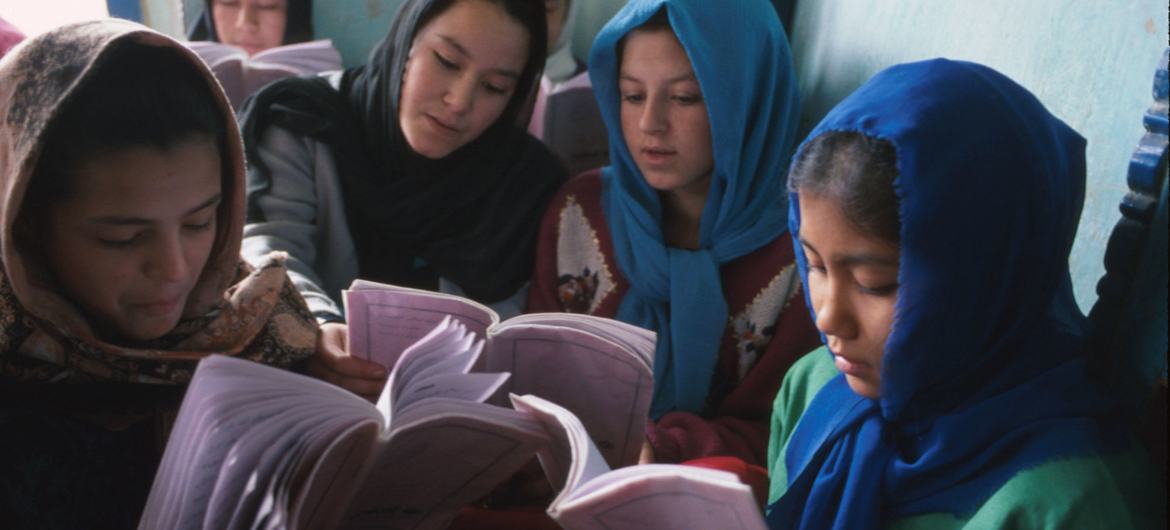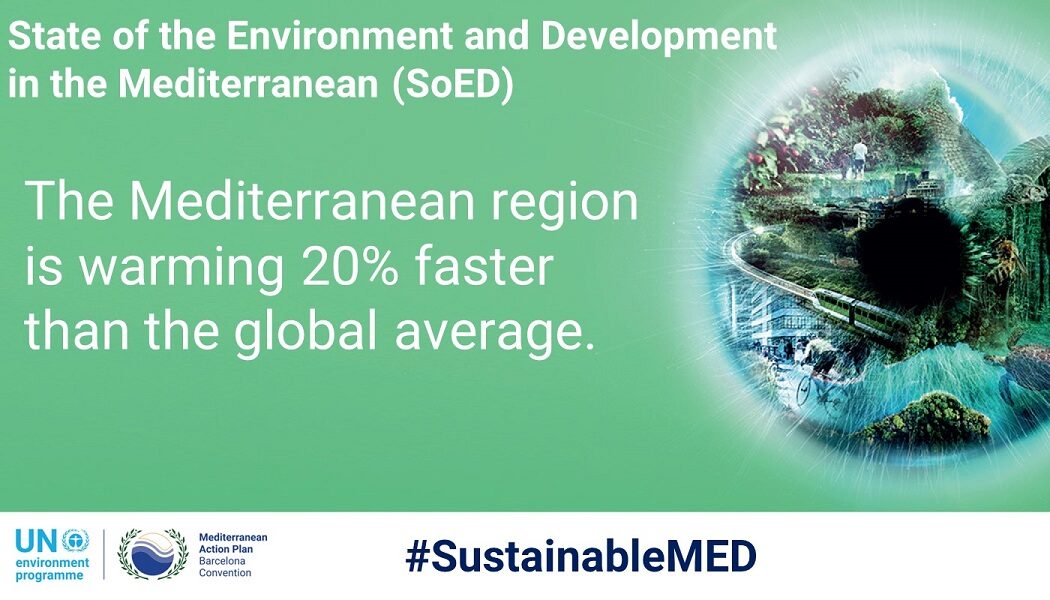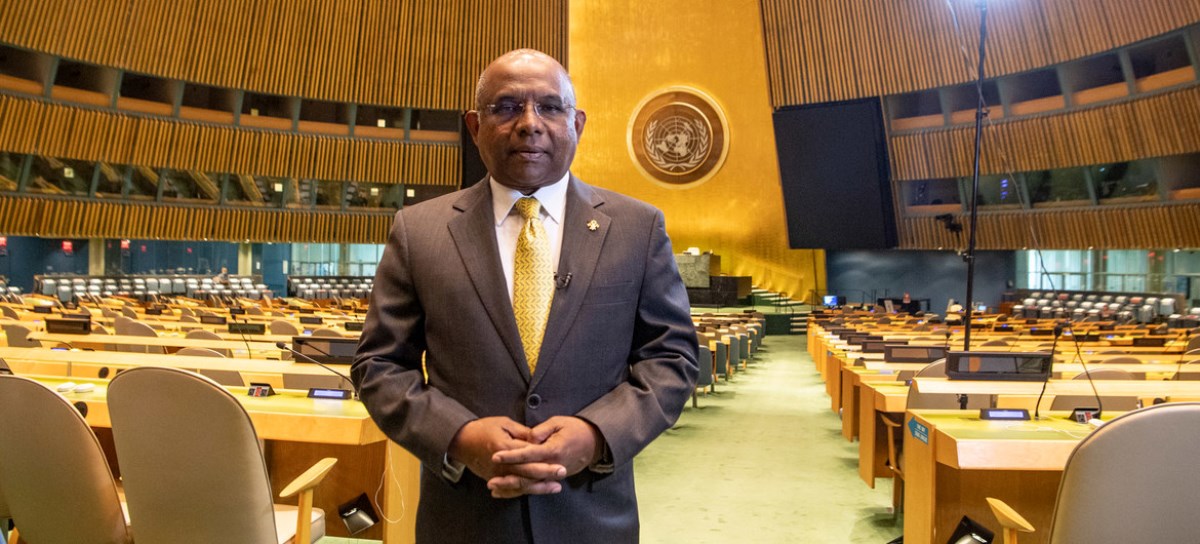In efforts to end the war in Ukraine, Secretary-General António Guterres has written separate letters to the leaders of Russia and Ukraine to request meetings with them in their respective capitals, the United Nations said on Wednesday
 KRC TIMES Desk
KRC TIMES Desk


UN Spokesperson Stéphane Dujarric said Mr. Guterres has asked President Vladimir Putin to receive him in Moscow and President Volodymyr Zelenskyy to receive him in Kyiv.
The letters were handed over to the countries’ UN Missions in New York on Tuesday.
Urgent steps towards peace
“The Secretary-General said, at this time of great peril and consequence, he would like to discuss urgent steps to bring about peace in Ukraine and the future of multilateralism based on the Charter of the United Nations and international law,” said Mr. Dujarric.
“He noted that both Ukraine and the Russian Federation are founding members of the United Nations and have always been strong supporters of this Organization.”
The announcement came a day after the UN chief called for a humanitarian pause in Ukraine ahead of Orthodox Christian Easter this weekend.
Support for humanitarian pause
The UN Crisis Coordinator for Ukraine, Amin Awad, has underlined the Secretary-General’s appeal amid the mounting humanitarian crisis in the country and the intensifying Russian offensive in the east.
The four-day pause would allow for safe passage of civilians willing to leave conflict areas, he said, and the safe delivery of urgent humanitarian aid to people in the hardest hit areas of Mariupol, Kherson, Donetsk and Luhansk.
“During this week – which marks a rare calendar alignment of the three of the most sacred religious holidays of Christian Orthodox Easter, Jewish Passover and the Muslim holy month of Ramadan – it is the time to focus on converging interests and set aside our differences,” said Mr. Awad.
Casualties continue to mount in the war in Ukraine, which began on 24 February. There were 5,121 civilian casualties in the country as of Tuesday, including 2,224 deaths, according to the latest update from the UN human rights office, OHCR.
As Mr. Awad stated: “The loss of life and severe trauma caused by attacks on hospitals, schools and places of refuge is utterly shocking, as is the devastation of critical civilian infrastructure in the country.”  © UNICEF/Giovanni DiffidentiA mother and child leave Lviv’s main train station in Ukraine.
© UNICEF/Giovanni DiffidentiA mother and child leave Lviv’s main train station in Ukraine.
Millions without water and electricity
The Ukraine conflict has generated the largest and fastest displacement in recent years.
Some 12 million people have been forced to flee their homes, with more than five million crossing the border into neighbouring countries and beyond.
Many of those who have stayed do not have access to water or electricity, while another 12 million are affected by economic hardship and a decline in services.
In eastern Ukraine, some 1.4 million people are without access to running water, including in the besieged port city of Mariupol. Millions more have only limited access to water and electricity.
Amplified ramifications
Additionally, some 136 attacks on health care facilities have been recorded since the start of the war, representing nearly 70 per cent of worldwide attacks on health so far this year.
Growing insecurity, including due to contamination with explosive devices, is a significant obstacle to accessing hard to reach areas in the east.
“This terrible toll on civilians must come to an end,” said Mr. Awad, warning that the war’s devastating impact could affect Ukraine for generations.
“The immediate impact of this senseless war is the gravest here in Ukraine but it could have global ramifications, putting 1.7 billion people worldwide at risk of poverty, hunger and destitution”.
Convoy arrives in Chernihiv
Since the start of the war, the UN and partners have ramped up relief operations to reach people affected by the conflict.
A new UN-led inter-agency humanitarian convoy has safely reached Chernihiv, a city in northern Ukraine that has been besieged until recently and is heavily impacted by the war.
The nine trucks of critical relief supplies, for more than 13,800 people, will be distributed by the Ukrainian Red Cross Society and their local partners.
The items included food for 5,000 people and infant cereals for more than 1,600 children; plastic sheeting, jerrycans and blankets for 3,000 people; mattresses, thermal blankets, and solar lamps for 2,500 people and water supplies for more than 1,600 people.
“This is the first time the UN and our humanitarian partners have managed to deliver much-needed assistance to people living in Chernihiv and nearby communities and the fifth successful inter-agency convoy since the escalation of the hostilities,” said Mr. Dujarric, the UN Spokesperson, though stressing the need for more aid and safe humanitarian access.
Revised humanitarian appeal
Despite extensive efforts and engagement, the UN and partners still have not been able to reach areas where people are in desperate need of support, notably Mariupol and Kherson.
“We are continuing our dialogue with both parties with the aim of urgently, immediately and consistently negotiating and facilitating the delivery of critical humanitarian assistance to the people who have been hardest hit by the conflict,” he said.
In March, the UN and partners launched a $1.7 billion appeal for Ukraine, including $1.1 billion to support people inside the country.
To date, 68 per cent of the $1.1 billion has been received, but the appeal has been revised to $2.24 billion due to the increasing needs.
Supporting women and girls
Women and children comprise the majority of the displaced, whether inside or outside the country’s borders.
The head of the UN Population Fund (UNFPA), which supports reproductive health care in more than 150 nations, stressed that the needs of women and girls must be prioritized.
“Women do not stop getting pregnant or giving birth during the conflict, and their access to lifesaving health services is literally under attack in Ukraine,” said Dr. Natalia Kanem, the UNFPA Executive Director.
Boosting life-saving services
UNFPA is coordinating and bolstering life-saving sexual and reproductive health services, as well as protection and response services for survivors of physical and sexual violence.
So far, more than 13 metric tonnes of reproductive health supplies have been delivered to seven hospitals in three cities in Ukraine.
Another 27 tonnes of critical supplies, medicines and equipment that have arrived in the country will be distributed to maternity hospitals in in war-torn Chernihiv, Sumy, Kherson, Mykolaiv and four more cities to meet the needs of 1.5 million people.
Another 41 metric tonnes of reproductive health supplies are expected, and UNFPA is also distributing dignity kits that contain sanitary pads and other essential items.
With reports of rape and human rights violations increasing, the agency is supporting 30 shelters, crisis rooms and daily care centres for displaced women and survivors of violence.  © UNFPA Moldova/Adriana BîzguA heavily pregnant Ukranian woman who left Odessa with her mother and young son receives a dignity kit at a placement centre in Moldova’s capital city, Chișinău.
© UNFPA Moldova/Adriana BîzguA heavily pregnant Ukranian woman who left Odessa with her mother and young son receives a dignity kit at a placement centre in Moldova’s capital city, Chișinău.
More action needed
Mobile teams will be dispatched to 12 regions across Ukraine in the next two weeks to provide psychosocial support to women experiencing trauma or violence.
Although UNFPA is working closely with the government and other partners, much more needs to be done, said Jaime Nadal Roil, the agency’s Representative in Ukraine.
“We need to reach many more people, including survivors of gender-based violence. We are appealing for increased support to respond to this growing humanitarian crisis,” he said.
Providing safe spaces
More than 100,000 Ukrainian refugees have found shelter in Moldova.
UNFPA recently signed an agreement with the National Health Insurance Country to provide refugees with comprehensive sexual and reproductive health care. This includes critical maternal health services such as life-saving caesarean sections.
Additionally, 10 tonnes of reproductive health supplies have been delivered to Moldova, including for the management of obstetric emergencies.
UNFPA-supported service centres across Moldova also are being expanded with “Orange Safe Spaces” to provide family planning and counseling and referrals for refugees.
As part of the UN-led appeal for Ukraine, UNFPA is seeking $65.6 for its operations there and in neighbouring countries.

Advertisements | 5E For Success






